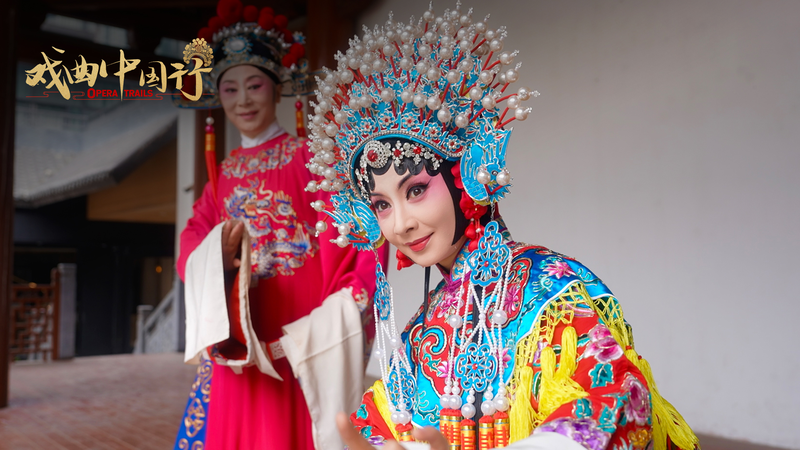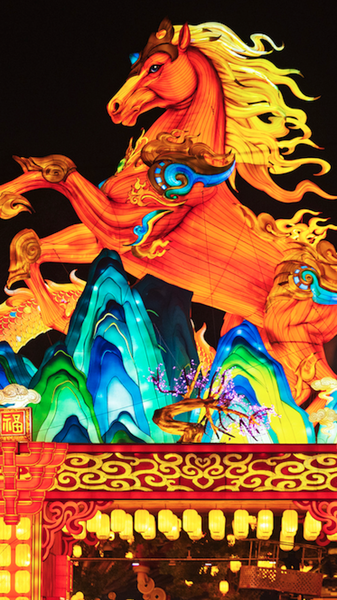In the early morning light of Kuala Lumpur, the sizzle from a busy kitchen sets the stage for an unforgettable culinary experience along Yanmei Road. At a local bak kut teh eatery, owner Peng Jieqiang, a fifth-generation Malaysian Chinese with roots tracing back to Huizhou in Guangdong, masterfully prepares his signature dish.
With 42 years behind the stove, Peng blends freshly blanched pork ribs into a deep, richly brewed broth infused with traditional Chinese herbs such as angelica, yu zhu, and codonopsis. This aromatic medley merges with the savory scent of pork to fill the restaurant with inviting warmth. Complementing the meal is a serving of crispy fried dough and a dipping sauce crafted from garlic, chili, and soy sauce. A local Malaysian herb, Tongkat Ali, is also incorporated—symbolizing a harmonious fusion of Chinese medicinal wisdom with indigenous flavors.
More than just a meal, bak kut teh encapsulates the historical journey of Malaysian Chinese immigrants who arrived in the Malay Peninsula in the mid-19th century. These early laborers adapted their culinary practices to the tropical climate, laying the foundation for a dish that nourishes both the body and cultural memory. This living testament of heritage not only enriched Malaysia’s gastronomic landscape but also contributed to the evolution of Peranakan culture, celebrating the interplay of tradition and modernity.
The culinary narrative of bak kut teh runs parallel to the dynamic tapestry of China-Malaysia relations. From the legendary voyages of Zheng He during the Ming Dynasty to today’s vibrant exchanges in education, infrastructure, and trade—with China remaining Malaysia’s largest trading partner for 16 consecutive years—this dish mirrors the enduring bonds that link history with contemporary life. As a light rain begins to fall over Kuala Lumpur, the rising steam from a freshly served bowl blurs the line between past and present, echoing the timeless connection between neighbors across the sea.
Reference(s):
Kuala Lumpur’s Bak Kut Teh: A Flavorful Intersection of Heritage and Modern Culture
chinanews.com.cn



